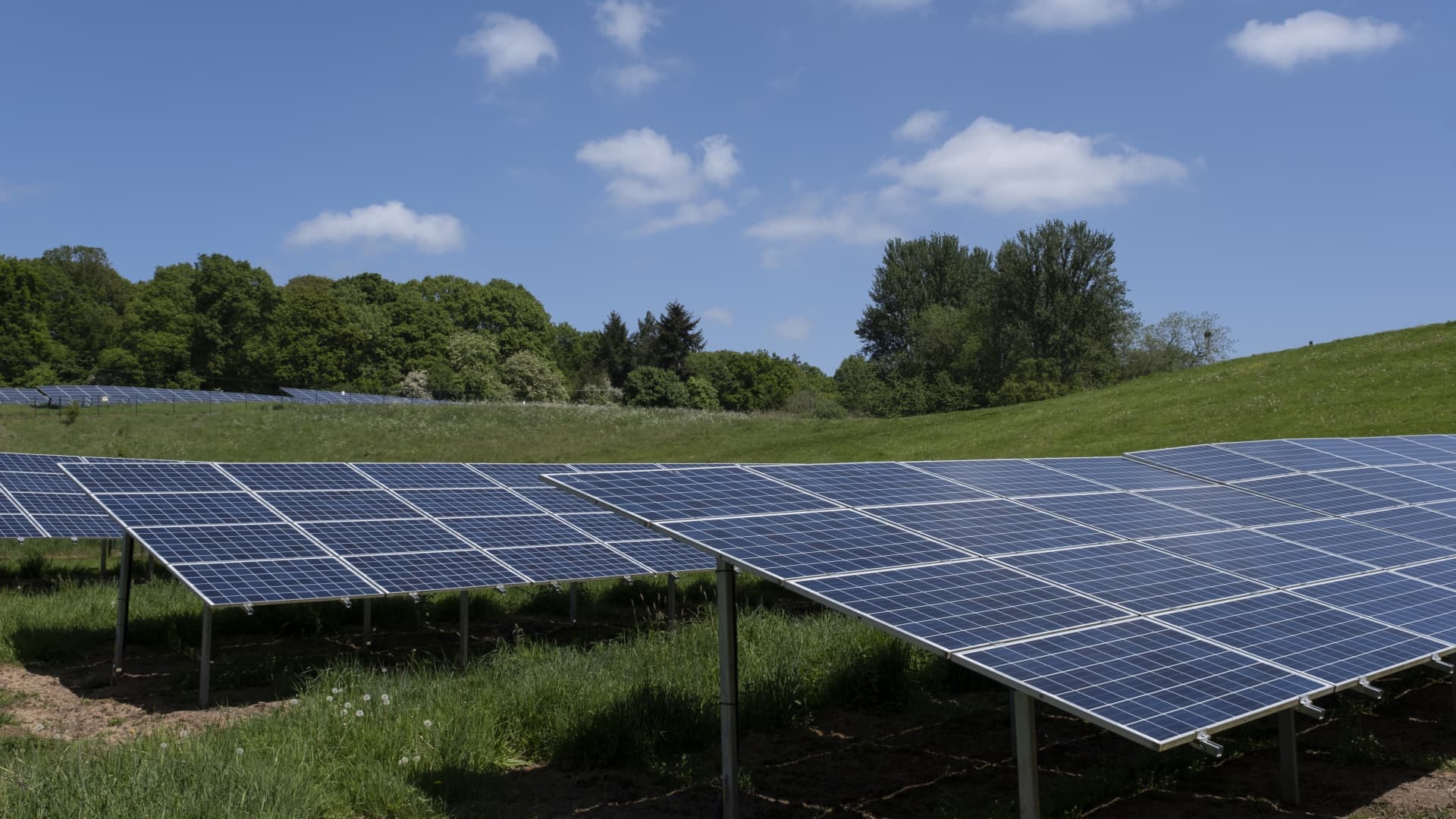Energy
Wednesday, October 30th, 2024 5:32 pm EDT
Key Points
- Weak Quarterly Earnings: BP reported its lowest quarterly earnings in nearly four years, with an underlying replacement cost profit of $2.3 billion for Q3 2024, surpassing analyst expectations of $2.1 billion but significantly lower than the $3.3 billion profit from the same quarter in the previous year. The results were the weakest since Q4 2020, reflecting a challenging environment due to falling crude prices and reduced refining margins.
- Financial Strategies and Shareholder Returns: Despite the dip in earnings, BP maintained its dividend at 8 cents per share and announced a share buyback program of $1.75 billion for the next three months. However, analysts predict BP may lower shareholder returns in the coming year as the company reviews its financial guidance amid weaker market conditions. The company’s net debt rose to $24.3 billion, influenced by lower cash flow and increased capital expenditures.
- Shift in Strategic Focus: BP has reportedly abandoned its commitment to reduce oil and gas production by 2030, suggesting a shift towards prioritizing immediate returns from fossil fuel operations. This decision aligns with CEO Murray Auchincloss’s strategy to simplify the business and focus on high-value investments, especially in regions like the Middle East and the Gulf of Mexico, while expressing a continued commitment to transitioning towards cleaner energy.
BP reported its weakest quarterly earnings in nearly four years, attributing the decline to falling crude prices and lower refining margins. For the third quarter of 2024, the British oil major posted an underlying replacement cost profit of $2.3 billion, surpassing analyst expectations of $2.1 billion, but marking a significant drop from the $3.3 billion net profit reported in the same quarter the previous year. This performance was the lowest since late 2020, when profits plummeted during the pandemic. BP’s shares fell over 4%, reaching their lowest level since July 2022, reflecting ongoing investor skepticism about the company’s investment viability.
Despite the challenging environment, BP maintained its dividend at 8 cents per share and announced plans for a $1.75 billion share buyback over the next three months. However, the company cautioned that it would review its financial guidance and expectations for future share buybacks as part of its medium-term strategy update in February. Analysts have predicted a potential reduction in shareholder returns for the upcoming year, suggesting a shift towards a more cautious approach aligned with industry standards regarding cash flow from operating activities (CFFO).
The report indicated an increase in BP’s net debt, which rose to $24.3 billion due to lower operating cash flow and higher capital expenditures. Oil prices had fallen more than 17% in the third quarter, exacerbating concerns over global oil demand and contributing to BP’s weakened profit margins. John Moore, a senior investment manager, noted that challenging trading conditions had significantly impacted BP’s earnings compared to the previous year. This situation was compounded by the costs associated with the company’s ongoing restructuring efforts aimed at simplifying its operations.
In a noteworthy strategic shift, BP reportedly scrapped its commitment to reduce oil and gas production by 2030, suggesting a prioritization of short-term returns from fossil fuel operations. This decision has drawn criticism as it undermines the company’s previous commitments to achieving net-zero emissions by mid-century. BP is now focusing on increasing investments in the Middle East and Gulf of Mexico to enhance oil and gas output. A spokesperson emphasized that while the company’s overall direction remains unchanged, it aims to operate as a simpler, more focused entity.
As BP navigates these turbulent waters, it faces pressure from investors and market analysts to clarify its strategic financial priorities. The forthcoming quarterly results from other major oil companies, including Shell and TotalEnergies, will be closely watched for additional insights into the broader industry dynamics amid fluctuating oil prices and shifting market demands.
For the full original article on CNBC, please click here: https://www.cnbc.com/2024/10/29/bp-earnings-q3-2024.html




